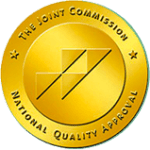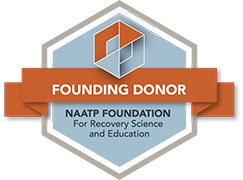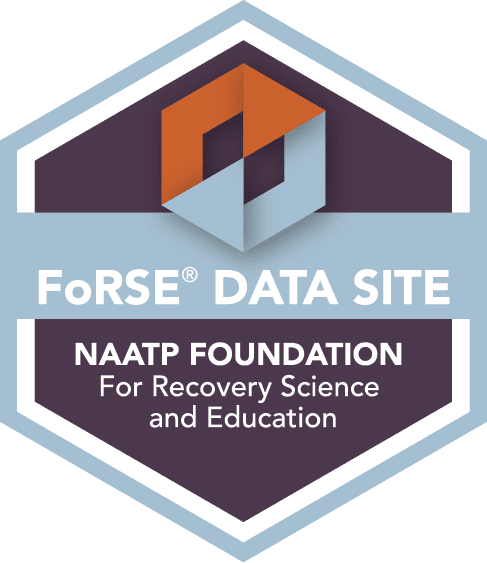How Creativity Helps Recovery
A common misconception amongst many creative addicts is the idea that substances such as alcohol or heroin can stimulate creativity. They cite that many creative geniuses have also been alcoholics or addicts. However in a recent study, Roger Beaty, a Postdoctoral Fellow in Cognitive Neuroscience at Harvard University, found that creativity comes from using different parts of your brain than less creative people use. Drinking and drugging will eventually limit your ability to use any part of your brain efficiently. So, the idea that drugs or alcohol can improve your creativity is completely erroneous – the opposite is in fact true.
So, although addiction will ultimately stifle creativity, creativity can eventually play a part in helping an addict recover from the disease of addiction. Often, addicts are using a substance to help them numb or dull negative feelings and emotions. Once they get into recovery it is not uncommon for an individual to find that they no longer know how to normally express feelings of any kind – negative or positive. Using creative approaches to expression can help people in recovery find a way to communicate what they are feeling without necessarily having to put it into words.
Being creative can help healing from addiction in various ways. Here are a few examples:
Healing shame: Once you have stopped drinking and drugging you can often feel engulfed by shame for behaviors and actions that took place whilst you were in active addiction. This shame and guilt can sometimes be too difficult to put into words. Expressing this shame through creative means can often help you process it without it becoming too overwhelming.
Trauma therapy: For some people who have experienced something very traumatic, they may still find it too difficult to talk about – especially in early recovery and whilst in treatment for their addiction. However, by taking part in something creative, be that art, drama or creative writing therapy they may be able to express themselves in other ways or recognize parts of their own traumatic experience in someone else’s words or creative expression. Guided through these experiences by a professional therapist, trauma survivors can often begin to heal wounds they were previously trying to escape from by using drugs or alcohol.
Grieving loss: When giving up drugs or any addiction, especially after a sustained period of time, to suddenly let go means that you lose something. There is a grieving process that you must go through to ultimately get to the point of acceptance and reach closure. Closure is extremely important after a long relationship. It allows you to find peace within yourself and resolve issues that may hinder your personal growth down the road. It also gives you trust that everything in your life will eventually fall into place. Addiction is essentially a long relationship – albeit a toxic one – so it’s just as important to find closure and bring that chapter effectively to a close. One way to find closure and process the varying emotions you may feel during the grieving process of letting go, is by writing a ‘goodbye letter’ to substances you are leaving behind. In the letter, you can fully disclose all your thoughts and feelings – it’s a therapeutic way of releasing your innermost tensions.
Stimulates joy, freedom and playfulness: Recovery, as wonderful as it is, can be hard. Often when people have been so entrenched in addiction and the fear that preceded it, they have forgotten what fun is. Being creative allows people to reconnect to their playful side.
It’s empowering: Creative activities like dance or the ropes course we have at High Watch allows people to feel strong and in control of their environment – an empowering moment for those in recovery who, in active addiction, lost control over themselves and their lives.
There is no “right” way to recover from addiction, which is why a good treatment program will offer various therapeutic methods to help the individual achieve a long lasting recovery. For those who struggle to communicate how they are feeling in group or one to one therapy, creative approaches like the ones we have at High Watch will often allow them to rediscover their voice and slowly begin to find the words they may have lost due to trauma and addiction.








